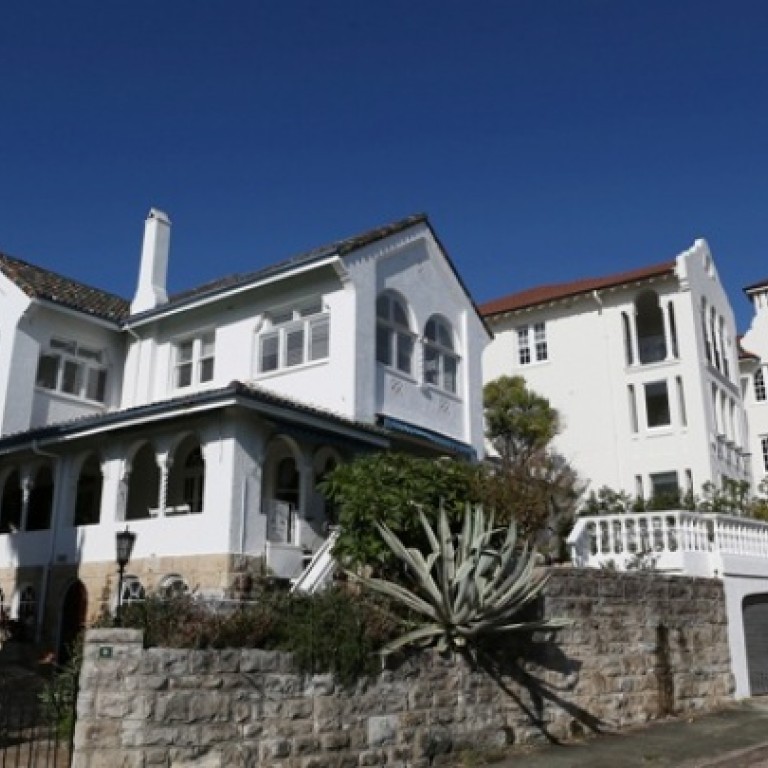
Rules shift on Australian pensions, assets
Yes, but actually there are three things conspiring to warrant a review of Australian personal finance strategies. These are the federal budget announcements, the Australian dollar decline, and the end of the Australian tax year in four weeks. All three make it a good time to ensure your inflatable ducks are in a row.
The federal budget, much to the collective relief of many Australians, held few surprises. Most of the proposals, which may or may not pass into law, had already been announced.
The greatest controversy raged around renewed fiddling with the retirement income (superannuation) rules to help meet the fiscal shortfalls of an unpopular government. The rules are complicated enough without being subject to more changes.
In the end, the government settled on pre-tax contribution limits of A$35,000 (HK$259,800) for those over 60 years old and a phase-in period during which those under 60 can climb from A$25,000 per year to the same cap. The after-tax contribution limits are unchanged at A$150,000 per person per year, or A$450,000 on a bring-forward basis, subject to eligibility. In response to industry lobbying, the government backed down on plans to restrict concessional contributions based on account balances, but it confirmed its 2012 budget plan to effectively double the tax on concessional super contributions for those with annual income over A$300,000. It also confirmed that superannuation assets generating pensions over A$100,000 will no longer be tax-free.
Regardless, superannuation is still attractive and worth investigation if you're otherwise subject to tax on asset income and earnings at individual marginal tax rates. These top out at 45 per cent (plus a Medicare levy increased to 2 per cent) compared with superannuation tax rates of up to 15 per cent.
Let's move on to property as there are a few things those with Australian property need to note.
First, the government announced last year that it was removing the 50 per cent capital gains tax discount for non-residents on capital gains accrued from May 2012. The legislation is expected to be pushed through in the next couple of weeks despite lobbying that it's unfair.
Second, adding insult to injury, last month's budget proposed a 10 per cent non-final withholding tax on disposal of Australian residential property by foreign residents for transactions exceeding A$2.5 million. Third, if you're receiving positive rental income from Australian property, check out how to reduce tax on this by making a contribution to superannuation. Finally, with a decline in the Australian dollar of around 8 per cent in six weeks, it's worth thinking about how to optimise asset management from both a currency and a tax perspective before the tax year closes on June 30.
The views presented are of a general nature. For specific advice, talk to a professional planner. See the column archive at scmp.com/askmelanie

